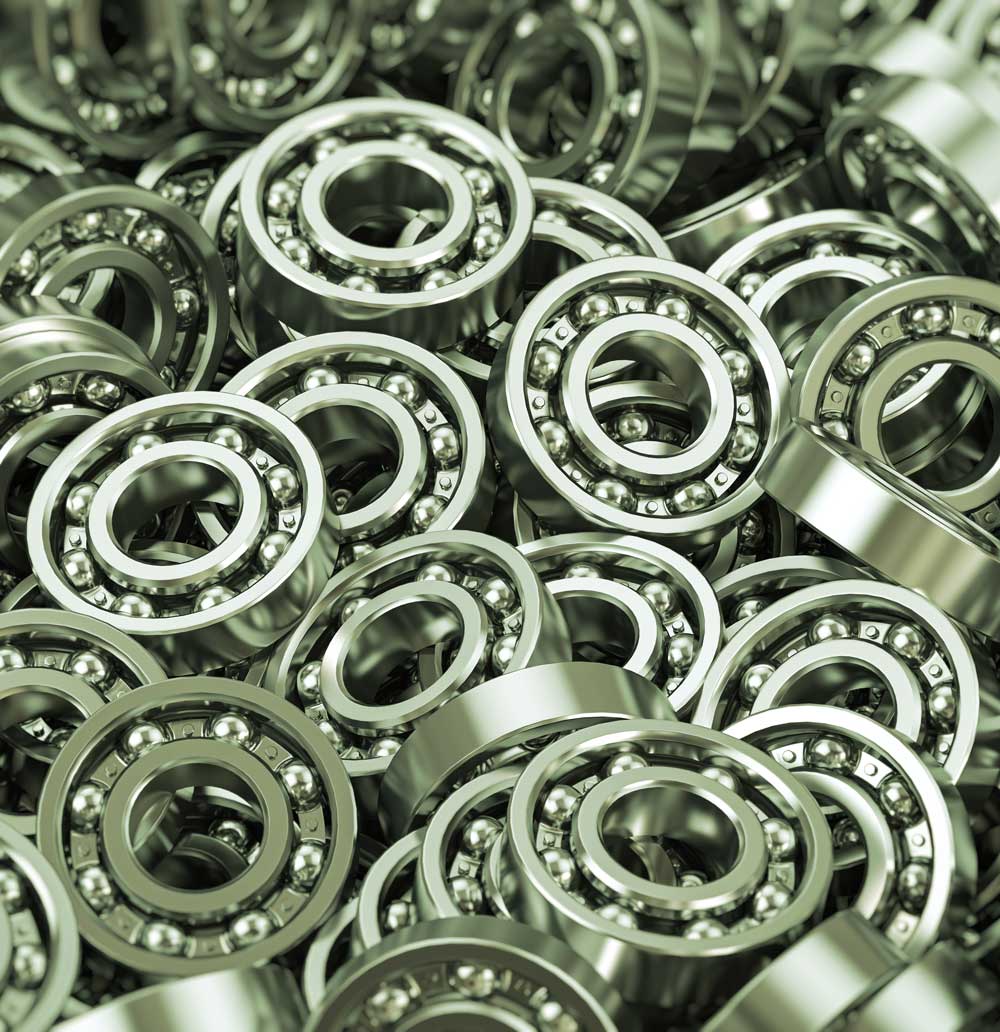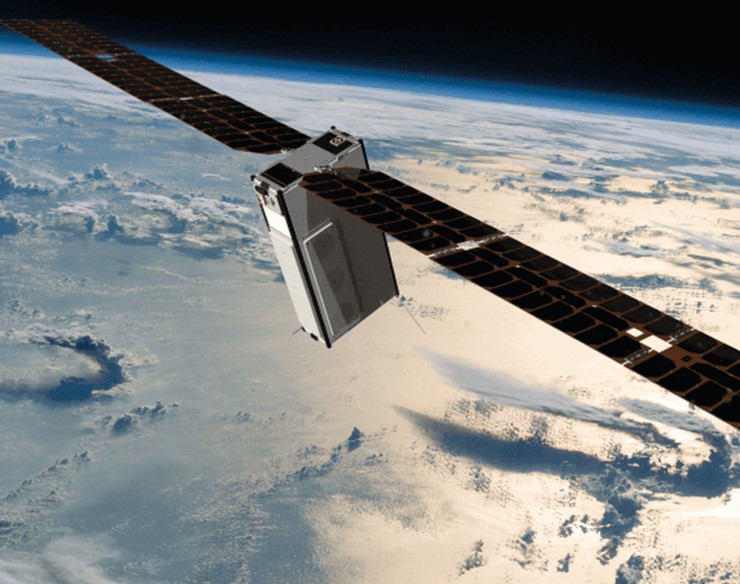
In science, application requirements can be very specific and very different from other uses of bearings. CeramicSpeed serves customers in medical, aerospace, and semiconductor industries and one challenge that is met in all of these customer segments is the ability to run safely under a vacuum.
 Vacuum applications
Vacuum applications
For a bearing to perform and be certified for use in spacecraft, there are a few crucial attributes it needs to feature. The harsh conditions in space mean that a bearing needs to perform under demanding factors such as fluctuating temperatures, absolute vacuum, and violent G-forces during a rocket launch. The bearing performance must be reliable and constant over the lifetime of the space application as a replacement is basically impossible.
CeramicSpeed Bearings are matched with ceramic silicon nitride Si3N4 balls which have an extremely low thermal expansion coefficient. This makes them exceptionally well suited in environments where temperatures are expected to fluctuate between highs and lows like they do in space and provide a more accurate preload/clearance control.
As silicon nitride has a 60% lower density compared to steel the inertial forces during the start are less crucial to create an indentation on the raceways during rocket lunch and damage the bearing already before it can make its first rotation and decrease the expected bearing life.
Lubricants which do perfume well in a vacuum are rare and very expensive and there is still a risk. The combination of steel and ceramic brings the unique advantage of avoiding the risk of smearing. For a dry contact situation, the friction coefficient between steel and silicon nitride (Si3N4) is lower than for steel to steel, and micro-welding does not occur. Therefore hybrid bearings generate much lower friction even with a very thin film of lubrication and can operate for a certain time even without lubrication.

Get in touch now for more information on our huge range
Contact us